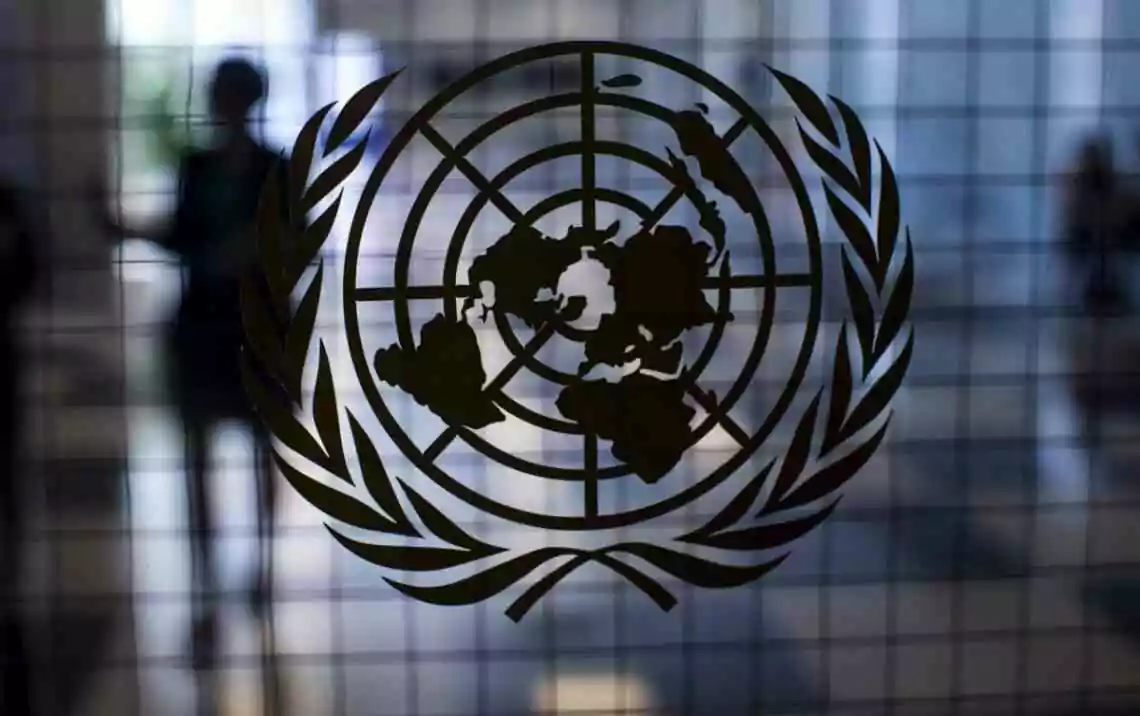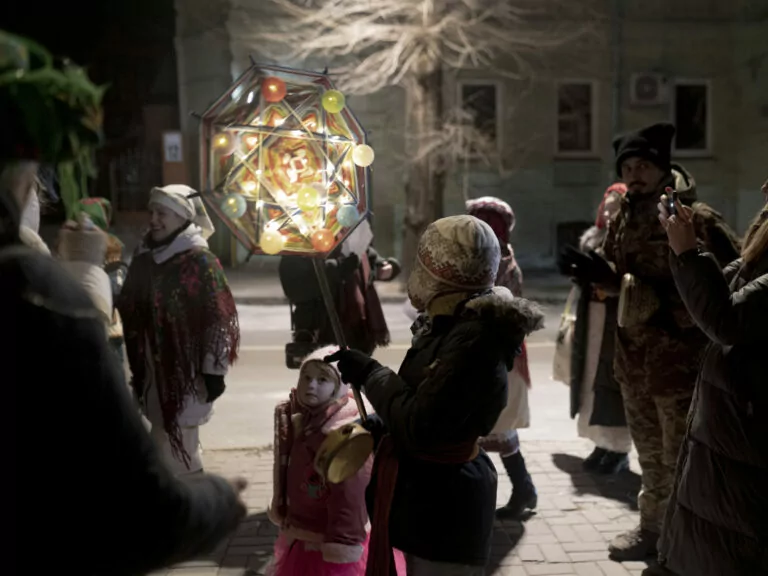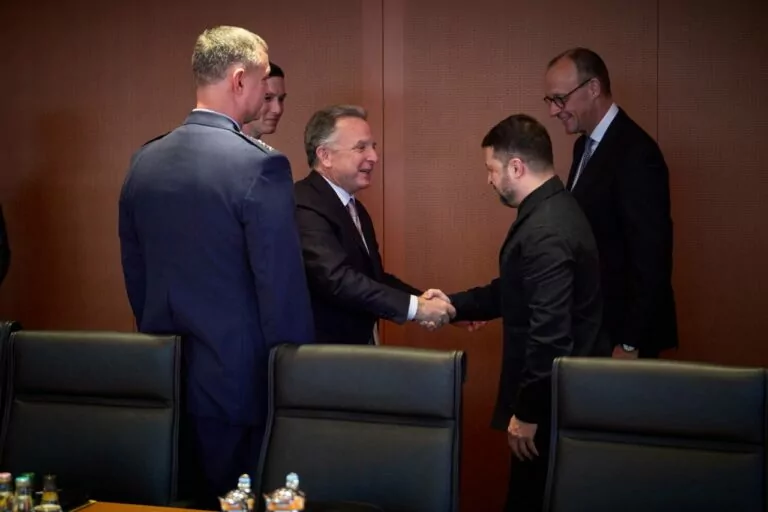The report of the Independent International Commission of Inquiry on Ukraine provided new evidence that Russian authorities have committed violations of international human rights and international humanitarian law in areas that “came under their control” in Ukraine.
In most cases investigated, Russian armed forces confined large groups of Ukrainian prisoners of war as they seized control of various Ukrainian settlements. They transferred and detained them for periods spanning from 9 to 15.5 months in up to seven different locations in the Russian Federation and Ukraine. In the Russian Federation, these included the pre-trial detention facility No. 1 (SIZO-1) in Kursk, Kursk Oblast; the pre-trial detention facility No. 2 (SIZO-2) in Staryi Oskol and the Correctional Colony No. 6 in Valuyki, both in Belgorod Oblast; and the Correctional Colony No. 1 in Donskoy, Tula Oblast. Credible reports regarding such treatment in additional detention places were also examined.
In the Russian Federation, members of the Special Designation Forces (“Spetsnaz”) of the Russian Federation’s Federal Penitentiary Service (FSIN) and regular personnel of that service, referred to as prison guards, tortured prisoners of war. The victims stated that interrogations were led, in addition, by members of the Federal Security Service (FSB) of the Russian Federation.
“Victims’ accounts disclose relentless, brutal treatment inflicting severe pain and suffering for almost the entire duration of their detention, with blatant disregard for human dignity, leading to long-lasting physical and mental trauma,” says the report of the Independent International Commission of Inquiry on Ukraine of 15 March 2024.
The UN Commission noted that the Ukrainian military described
- beatings with various instruments on different parts of the body;
- electric shocks;
- inhumane interrogations;
- threats of rape;
- unwanted touching during invasive body searches;
- torture on the genitals.
In several of the facilities investigated, detention conditions were inhuman or degrading. Medical support was mostly denied or inadequate. The food was poor, scarce, and in some places, only 2 to 7 minutes were allowed for eating. Victims reported deep suffering from hunger and resorted to eating worms, soap, paper, and remnants of dog food, leading to a sharp fall in body weight. In some facilities, access to the shower and toilet was limited, or a hole in the ground served as a toilet.
The inhumane treatment of Ukrainian prisoners of war was also reported to the Coordination Headquarters for the Treatment of Prisoners of War.
As a consequence of torture, former prisoners of war reported difficulties breathing, sleeping, walking; broken bones and teeth; bleeding, swelling, infected, or gangrened body parts; poor eyesight, and trauma to body organs. Victims developed post-traumatic stress disorder, anxiety, and some attempted suicide
Interviews with prisoners of war, persons who declared to be former members of a Spetsnaz unit operating under FSIN, and a former Russian soldier indicate that the treatment of prisoners of war appeared to have been encouraged by respective hierarchies, or, at a minimum, tolerated [by them], with an apparent sentiment of impunity.
Read more
- The Russian military attacked a civilian enterprise in Kharkiv at 1 p.m., killing at least five people. The fire broke out over 2,000 square meters as a result of the shelling.




